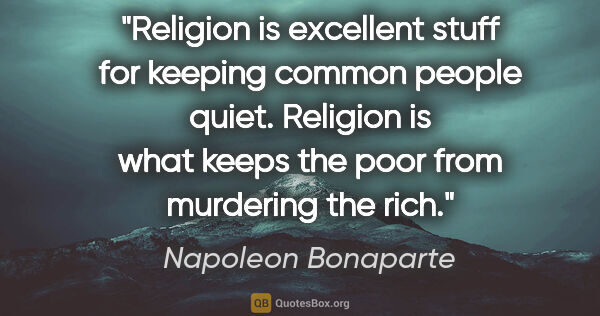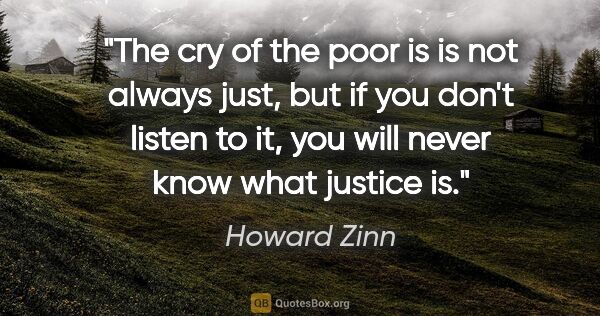Poorly Quotes (page 33)

He plunged his arms deep to embrace
One who vanished in agitated water.
Again and again he kissed
The lips that seemed to be rising to kiss his
But dissolved, as he touched them,
Into a soft splash and a shiver of ripples.
How could he clasp and caress his own reflection?
And still he could not comprehend
What the deception was, what the delusion.
He simply became more excited by it.
Poor misguided boy! Why clutch so vainly
At such a brittle figment? What you hope
To lay hold of has no...
Ovid
Smug respectability, like the poor, we've had with us always. Today, however, ... such obtuseness is an indulgence we can no longer afford. The computer, nuclear energy for better or worse, and sudden, simultaneous influences upon everyone's TV screen have raised the ante and the risk considerably.
Studs Terkel
I’d discovered, after a lot of extreme apprehension about what spoons to use, that if you do something incorrect at table with a certain arrogance, as if you knew perfectly well you were doing it properly, you can get away with it and nobody will think you are bad-mannered or poorly brought up, They will think you are original and very witty.
Sylvia Plath

I remember, in hot floods, the way he slept, still as death, with his face washed flat, stony as a carved tomb and exquisite. His weakness and his ravening bitter needs were terrible, and beautiful, and irresistible as an earthquake. He scalded or smothered anyone he needed, but his needing and the hurt that it caused me were the most life I have ever had. Remember what a poor thing I have always been and forgive me.
Katherine Dunn
Calvin: I used to hate writing assignments, but now I enjoy them. I realized that the purpose of writing is to inflate weak ideas, obscure poor reasoning, and inhibit clarity. With a little practice, writing can be an intimidating and impenetrable fog! Want to see my book report? Hobbes: (Reading Calvin's paper) "The Dynamics of Interbeing and Monological Imperatives in Dick and Jane: A Study in Psychic Transrelational Gender modes." Calvin: Academia, here I come!
Bill Watterson
Is it life?" he answered, "I would rather be without it," he said, "for there is queer small utility in it. You cannot eat it or drink it or smoke it in your pipe, it does not keep the rain out and it is a poor armful in the dark if you strip it and take it to bed with you after a night of porter when you are shivering with the red passion. It is a great mistake and a thing better done without, like bed-jars and foreign bacon.
Flann O'Brien
ROMEOThere is thy gold, worse poison to men's souls, Doing more murders in this loathsome world, Than these poor compounds that thou mayst not sell. I sell thee poison; thou hast sold me none. Farewell: buy food, and get thyself in flesh. Come, cordial and not poison, go with me. To Juliet's grave; for there must I use thee.
William Shakespeare
If the ordinary wage-earner worked four hours a day, there would be enough for everybody and no unemployment -- assuming a certain very moderate amount of sensible organization. This idea shocks the well-to-do, because they are convinced that the poor would not know how to use so much leisure. In America men often work long hours even when they are well off; such men, naturally, are indignant at the idea of leisure for wage-earners, except as the grim punishment of unemployment; in fact, they...
Bertrand Russell
And so they would go on talking or rather, understanding, which has become the main art of speech in an age when words are growing daily so scanty in comparison with ideas that ‘the biscuits ran out’ has to stand for kissing a negress in the dark when one has just read Bishop Berkeley’s philosophy for the tenth time. (And from this it follows that only the most profound masters of style can tell the truth, and when one meets a simple one–syllable writer, one may conclude, without any doubt at...
Virginia Woolf
Having lived among the owning classes, he knew the utter futility of expecting any solution of the wage-squabble. There was no solution, short of death. The only thing was not to care, not to care about the wages. Yet, if you were poor and wretched, you had to care. Anyhow, it was becoming the only thing they did care about. The care about money was like a great cancer, eating away the individuals of all classes. He refused to care about money. And what then? What did life offer apart from...
David Herbert Lawrence

